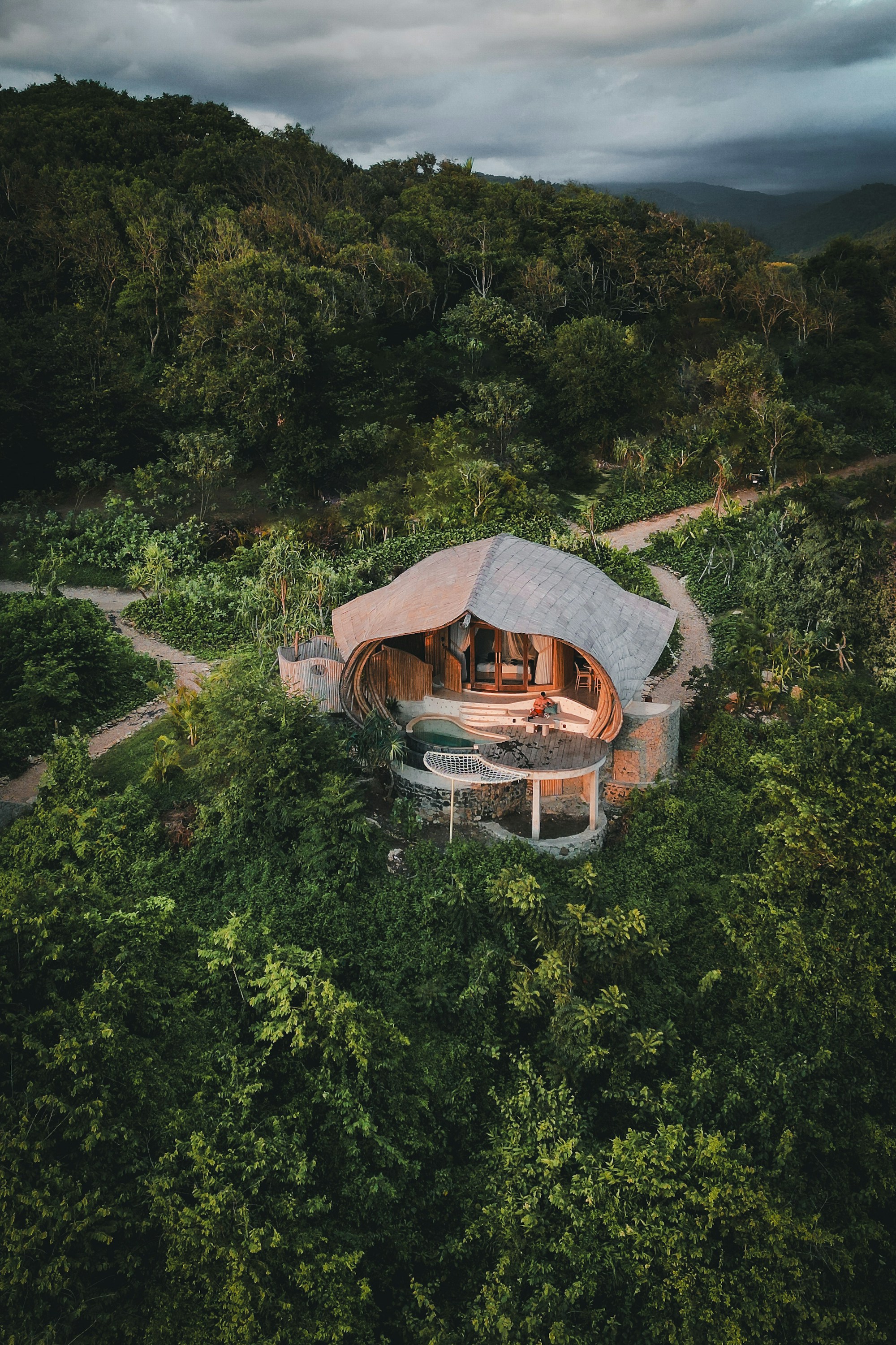Sumbawa Culture and Traditions Travel Guide
Explore the rich culture and traditions of Sumbawa with our travel guide. Immerse yourself in local customs and experiences.

Sumbawa Culture and Traditions Travel Guide
Sumbawa, a lesser-known gem in Indonesia, is not just a place for beautiful beaches and scenic landscapes but also a destination rich in culture and traditions. The island is a melting pot of diverse ethnic groups, each adding a unique flavor to Sumbawan culture. Let's delve into the fascinating world of Sumbawa's traditions and customs.
Historical Context
The history of Sumbawa is steeped in stories of seafaring traders, ancient kingdoms, and colonial influences. The island has been a hub for trade for centuries, attracting merchants from China, India, and the Middle East. The rise of the Lombok and Bima kingdoms shaped the region's socio-political landscape, leaving behind a legacy that is evident in the local traditions today.
Cultural Practices
One of the most prominent cultural practices in Sumbawa is the art of weaving. The local women are known for their intricate skills in crafting traditional textiles, such as songket and tenun. These fabrics not only serve as clothing but also hold symbolic meaning, reflecting the weaver's social status and spiritual beliefs.
Another integral part of Sumbawan culture is the traditional music and dance. The vibrant rhythms of gong and drum ensembles accompany elaborate performances that depict myths, legends, and daily life. Visitors can witness these mesmerizing showcases during festivals and special events.
Festivals
One of the most anticipated festivals in Sumbawa is the Bau Nyale festival, which celebrates the arrival of the nyale sea worms and marks the beginning of the planting season. Locals gather on the beach to catch the elusive worms, believed to bring good luck and prosperity. The festival is a colorful extravaganza of dance, music, and feasting.
Local Anecdotes
Legend has it that the mighty Mt. Tambora, located in Sumbawa, erupted in 1815 in one of the most catastrophic volcanic events in recorded history. The eruption significantly altered the global climate, leading to the infamous "Year Without a Summer" in 1816. Today, visitors can explore the remnants of this volcanic past through guided tours and trekking expeditions.
Interesting Facts
- Sumbawa is home to some of the best surf breaks in the world, attracting surf enthusiasts from far and wide.
- The traditional Sasak houses, with their unique architecture and intricate carvings, offer a glimpse into the island's rich heritage.
- The local cuisine in Sumbawa is a delightful blend of flavors, with dishes like ayam taliwang (spicy grilled chicken) and plecing kangkung (water spinach salad) showcasing the region's culinary diversity.
